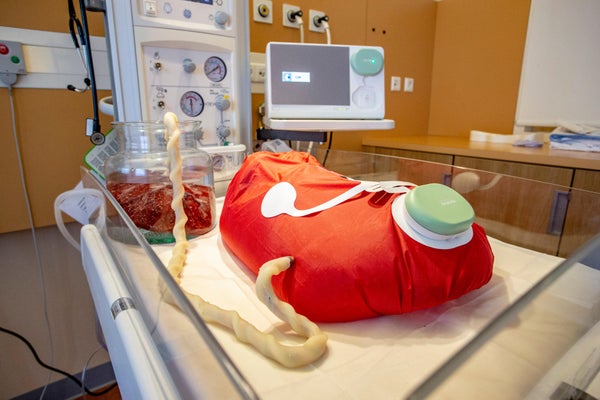Everyone has moments of bliss, of complete satisfaction, perhaps even grace. One cannot select these moments, they happen unannounced, but they are rewarding. Sometimes, it’s just a moment with a loved one or a deep appreciation of a child. Sometimes it’s when one is alone, sitting in the midst of nature’s wilderness. Sometimes, it is the joy of making another life better. Sometimes, it’s just a realization of fulfillment in a familiar surrounding.
Mariner and his wife had a similar experience sitting in their backyard, a garden respite from garages, concrete parking pads and streets. Sunlight was fading, sparrows, robins, doves, blackbirds and squirrels went about their individual lives. Having these moments is like a soothing salve on one’s soul.
But those moments are brief. ‘Real’ life calls us back. In that moment of recall, what does one feel? Is it anxiety? Duty? Contentment? Desire? Motivation? Does one retreat to depression or leap to ambition? Generally, all these sensations are in a bag labeled ‘accountability’. One is conscious of these feelings because a moment ago they were suppressed by a moment of bliss.
What accountability does one feel toward self, family, community, the nation and the sacred world of spirituality? It is important to note which accountability emerges first. This obligation is important and requires action of some nature. Based on one’s motivations, it may be to load the dishwasher, call one’s senator or see to the well being of a family member.
The moment of bliss should provide great healing power to the self, a comfort in family, a friendship with the community, a responsibility to the nation, and an allegiance to one’s source of spirituality.
It may be helpful to search for places where on can let go of the real world for a moment and restore a unified sense of one’s life experience.
Ancient Mariner



